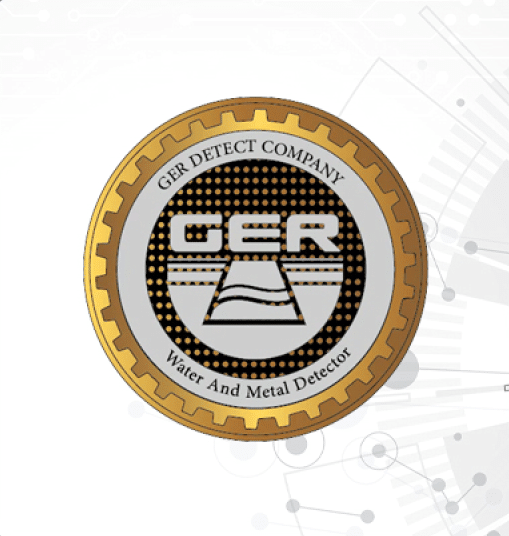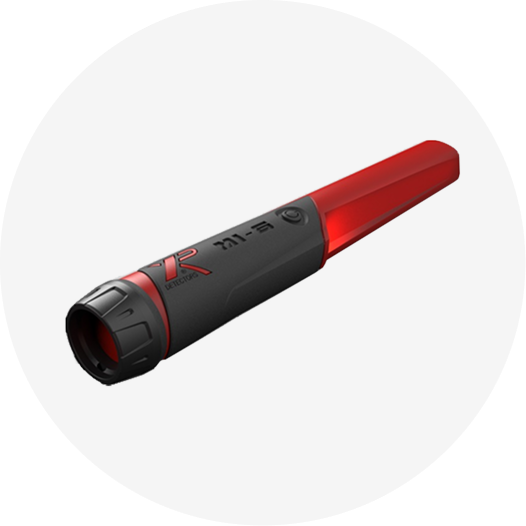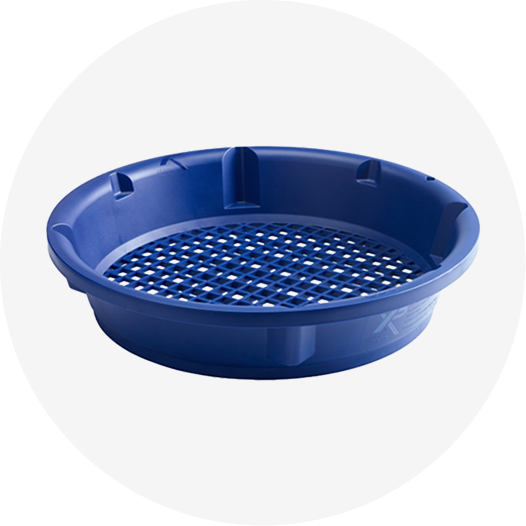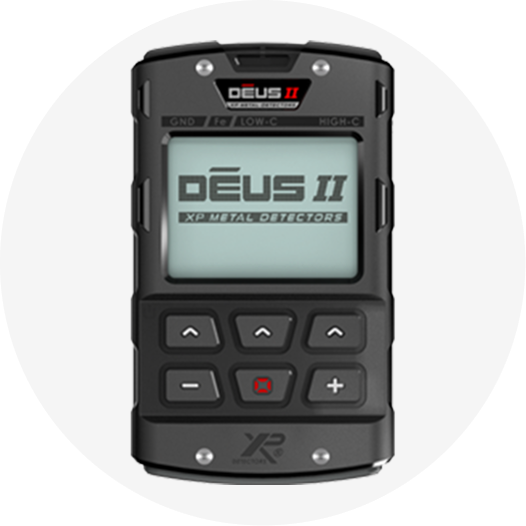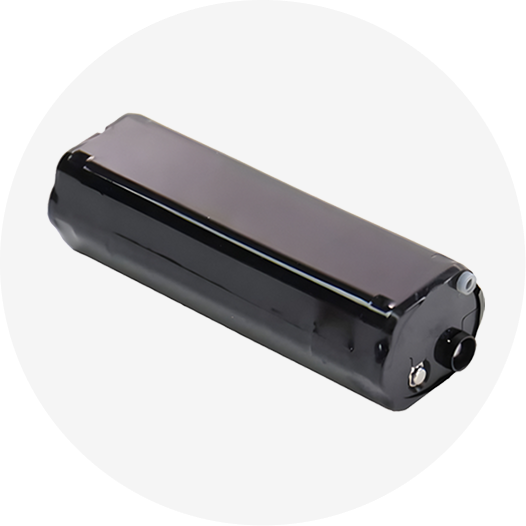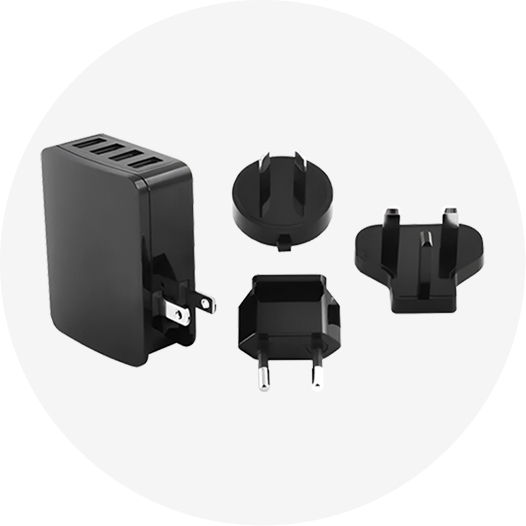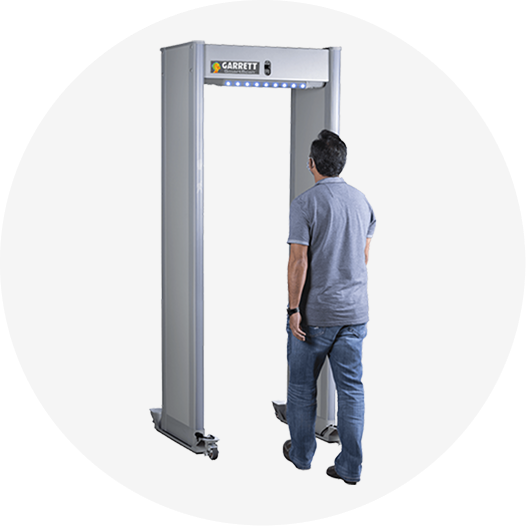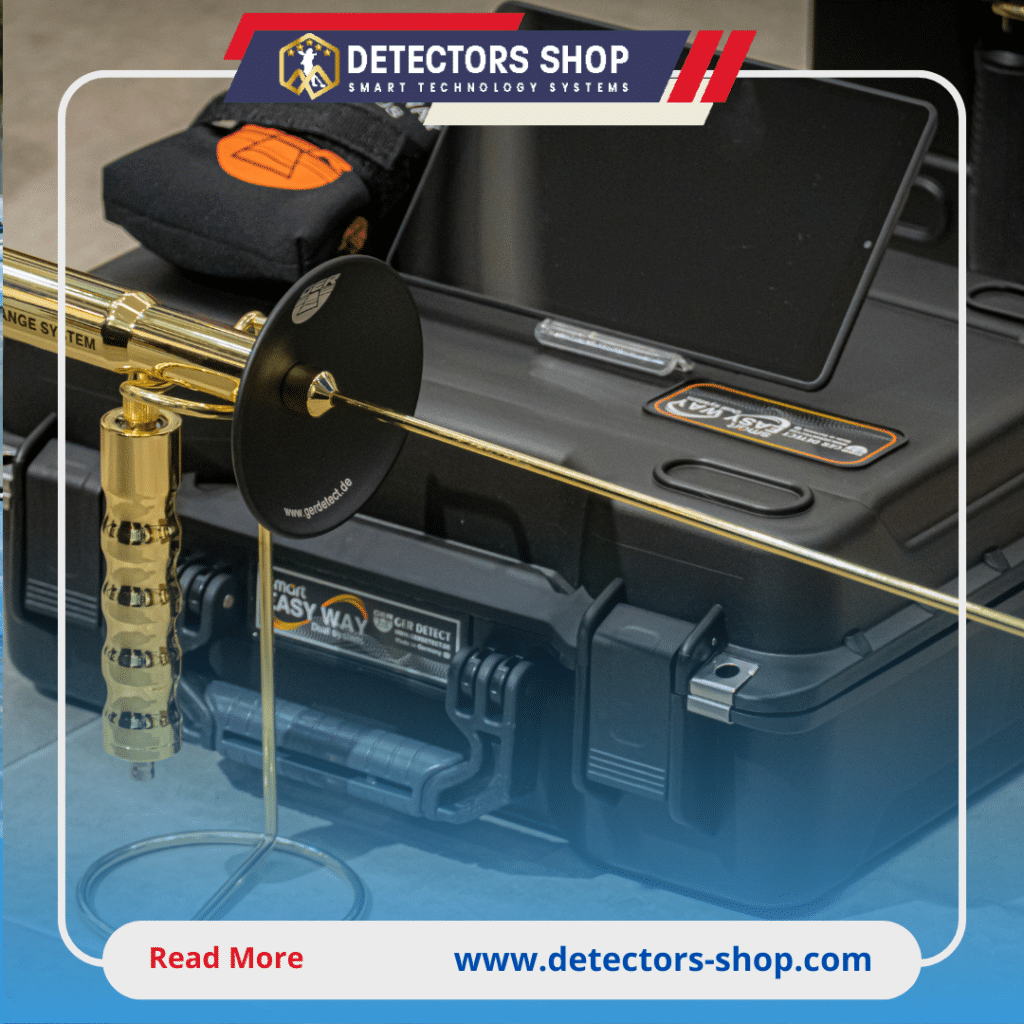The Importance of Gold and Metal Detectors
Gold and metal detectors are important tools in various fields and applications. Their use is not limited to treasure hunting and valuable items but extends to significant industrial and security uses. The importance of gold and metal detectors lies in their ability to detect buried metals and accurately determine their locations.
Gold and metal detectors are not only used by geologists and archaeologists but also by hobbyists, gold hunters, and even in security and industrial applications.
Importance of Gold and Metal Detectors in Treasure and Precious Metal Detection
Gold and metal detectors are essential tools for hobbyists searching for buried treasures and valuable items. They help identify the locations of precious metals like gold and silver, making the process of prospecting and extraction easier.
Importance of Gold and Metal Detectors in Industrial Uses
Metal detectors play a vital role in the industry by detecting metallic impurities in various products to ensure their quality and purity. They are also used in construction to detect buried cables and metal wires before digging and demolition operations.
Importance of Gold and Metal Detectors in Security Applications
In the security field, metal detectors are used in airports, government buildings, and large gathering places to detect weapons and other metal objects that may pose security threats. They are essential tools for ensuring safety and security in these locations.
Importance of Gold and Metal Detectors in Archaeological Excavation
Metal detectors are also used in archaeology to help archaeologists locate and uncover buried artifacts without random digging. This contributes to protecting archaeological sites and preserving cultural heritage.
Importance of Gold and Metal Detectors in Technological Advancements
In recent years, metal detectors have seen significant advancements due to technological progress. These devices have become more accurate and sensitive, making the detection process easier and increasing the chances of successfully finding targeted metals.
Tips for Using Metal Detectors
- Choosing the Right Device: Select a device that suits the type of search you wish to conduct, whether it’s treasure hunting, industrial use, or security.
- Training and Practice: It is recommended to receive proper training and practice using the device for some time before starting the actual search to ensure the best results.
- Adhering to Laws: Ensure compliance with local laws and regulations regarding the use of metal detectors, as there may be restrictions in certain areas.
Components of Gold and Metal Detectors
Gold and metal detectors consist of several main components that work together to detect metals underground:
- Control Unit: This unit is connected to the device’s input and directs the electromagnetic field from the transmitting coil to the receiving coil inside the device.
- Search Coil: The coil is a crucial part of the device, creating the electromagnetic field that interacts with buried metals, generating eddy currents that allow for detection.
- Signal Processor: This processor sends and analyzes the signal and returns it to the display screen, responsible for determining the type of detected metal.
- Display Unit: Usually an LCD screen or meter showing information related to the detected item based on its electrical conductivity.
How Gold and Metal Detectors Work
Gold and metal detectors operate by sending an electromagnetic field from the coil into the ground. When this field interacts with buried metals, an electromagnetic field is returned from the metals to the search coil, producing a signal that is analyzed and displayed to the user.
Types of Gold and Metal Detectors
There are various types of gold and metal detectors, each designed for a specific purpose:
- Gold Detectors: Such as VLF (Very Low Frequency) and PI (Pulse Induction) detectors, which have higher operating frequencies to detect small pieces of gold.
- General Purpose Detectors: Used to detect various metals like coins, jewelry, and other precious metals.
Different Applications of Gold and Metal Detectors
Gold and metal detectors are used in a wide range of applications, including:
- Treasure Hunting: Used to detect old coins, jewelry, and lost treasures underground.
- Gold Prospecting: Used to detect gold in gold-rich areas, especially where there are significant amounts of unwanted metals.
- Security and Safety: Used to detect weapons and metal threats in sensitive areas.
- Industry: Used to detect metal contaminants in food factories and to verify raw materials.
Discrimination Feature
The discrimination feature is the ability to identify the type of buried metal based on its electrical and magnetic properties. Some devices can ignore unwanted metals like iron and focus only on valuable metals such as gold and silver.
Ground Balance
Ground balance is a variable setting that helps increase detection depth in mineralized soils, where the ground may contain salts or iron particles affecting the device’s performance. There are various types of ground balance, such as manual and automatic balance.
Conclusion
Gold and metal detectors are powerful and versatile tools used in various fields, from treasure hunting and gold prospecting to security and industrial applications. With continuous technological advancement, these devices have become more accurate and efficient, opening new horizons for both explorers and researchers. The significant importance of gold and metal detectors in various fields cannot be denied. Whether you are searching for buried treasure, working in industry, or concerned with security, these devices provide an effective and precise solution to meet your needs.
contact us now :
https://web.whatsapp.com/send?phone=971561688466

